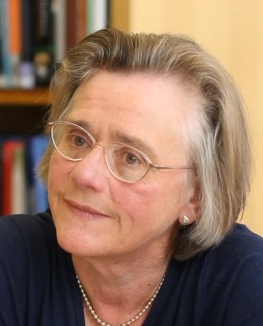
Elizabeth firmly believes that “there is no such thing as a dull word” and to prove it has written How to Read a Word in which she reveals some techniques you can use in order to undertake fascinating journeys of your own in the history of our language.
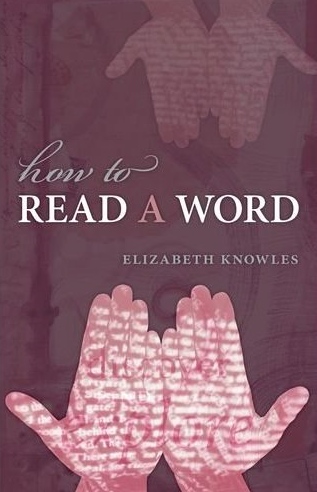 What follows are extracts from an interview in which she talks to George Miller about some of the words she discusses in the book – and we put her to the test by asking her without any forewarning how to go about researching two unusual terms.
What follows are extracts from an interview in which she talks to George Miller about some of the words she discusses in the book – and we put her to the test by asking her without any forewarning how to go about researching two unusual terms.
Just click on the links below to listen to the extracts. And if these whet your appetite, a longer interview about the book can be heard by clicking here.
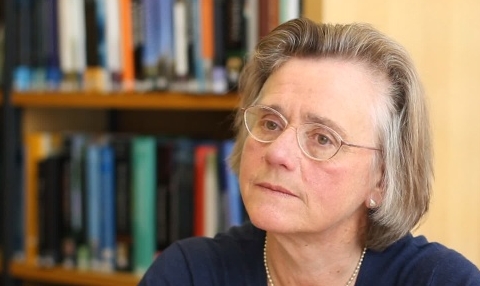
Kate Moss famously once said: “Nothing tastes as good as skinny feels.” Here Elizabeth talks about tracing the connotations of the word “skinny” and its journey from a largely negative to a sometimes positive term for “thin”.
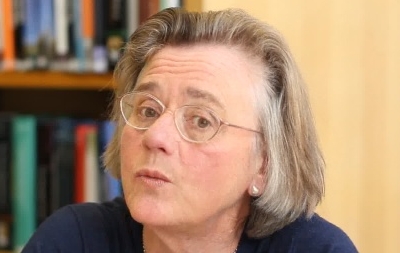
Some dictionaries contain “ghost words”. Click here to hear Elizabeth explain what this intriguing category of words is.
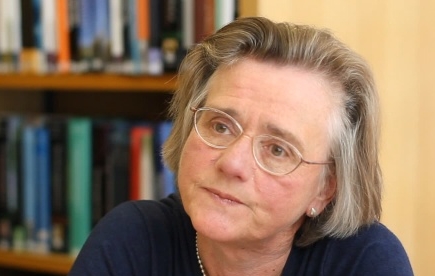
How did the word “strategery” enter the lexicon, and what are its chances of surviving and becoming accepted as a “real” word? Elizabeth discusses this here.
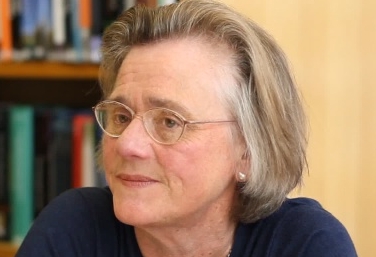
We now decided to put Elizabeth’s strategies (or should that be “strategeries”?) for exploring words’ histories to the test and asked her about two interesting terms which are not covered in the book.
She had no preparation for these questions, so what would she make of the challenge of tackling first the term “best boy” as found on film credits? Click here to find out.
Our final challenge was the unusual term “font wrangler” found in among the credits in a book on typography. Where does she suggest the word sleuth should start in trying to get to the origin of this term? Click here to listen to her answer.
Podcast: Play in new window | Download
